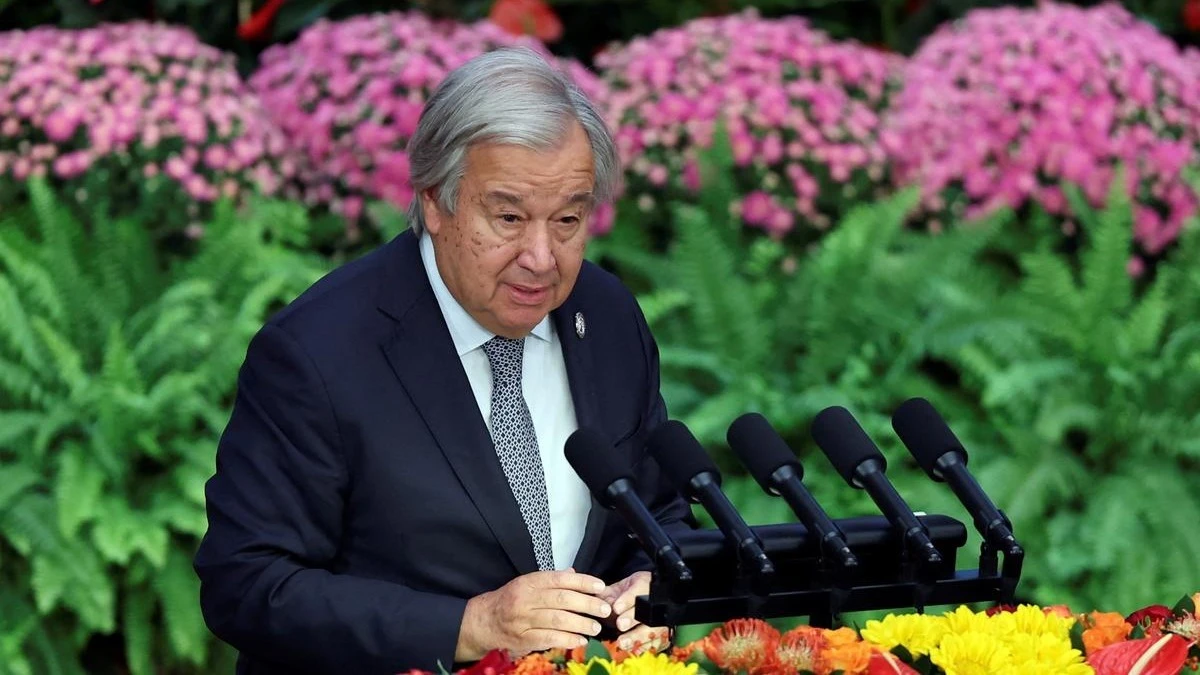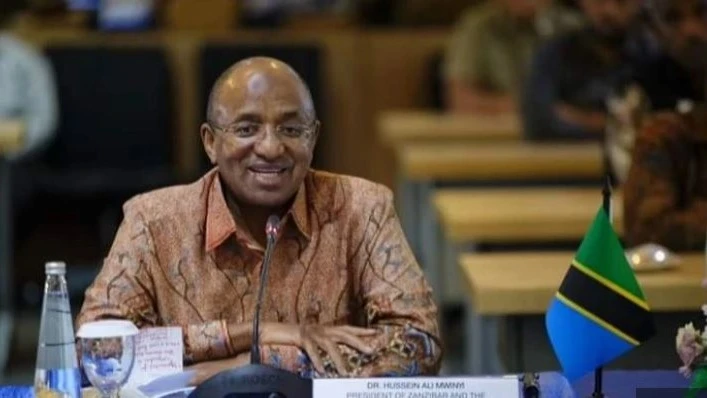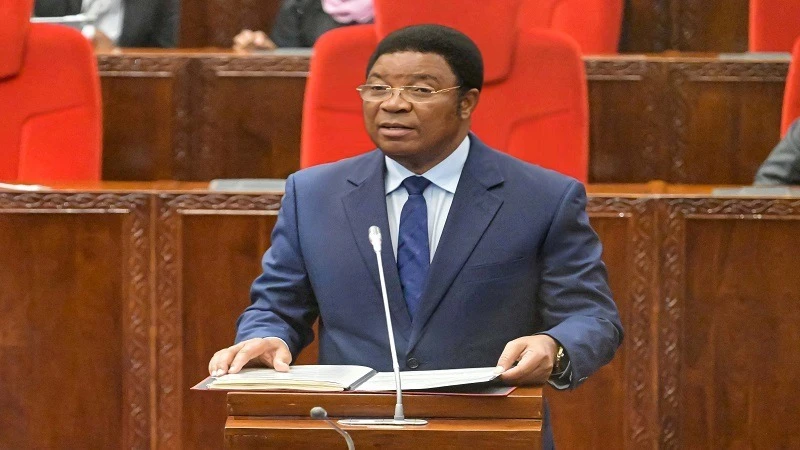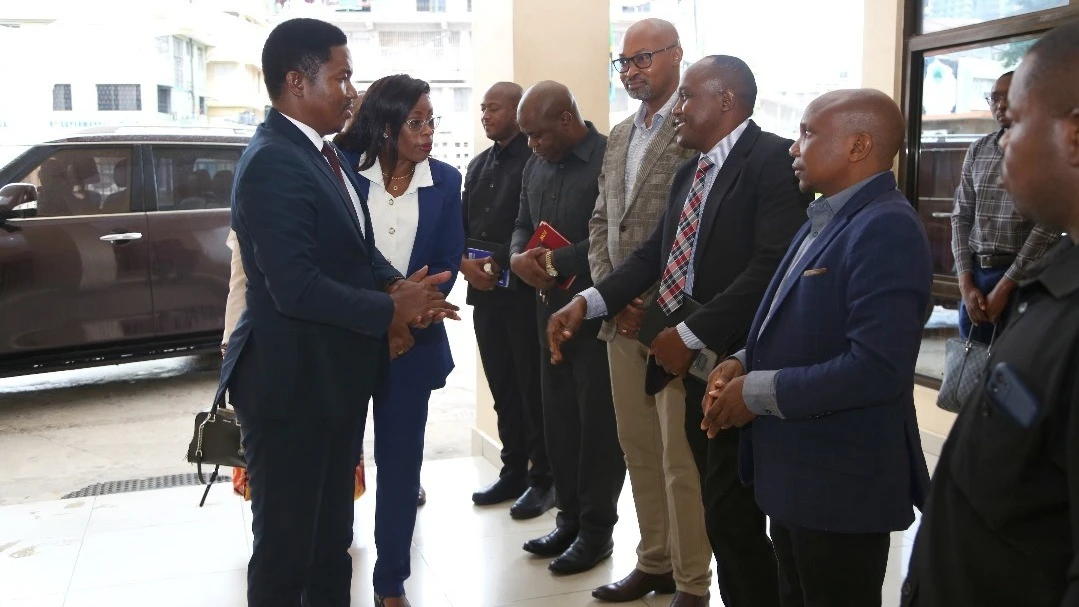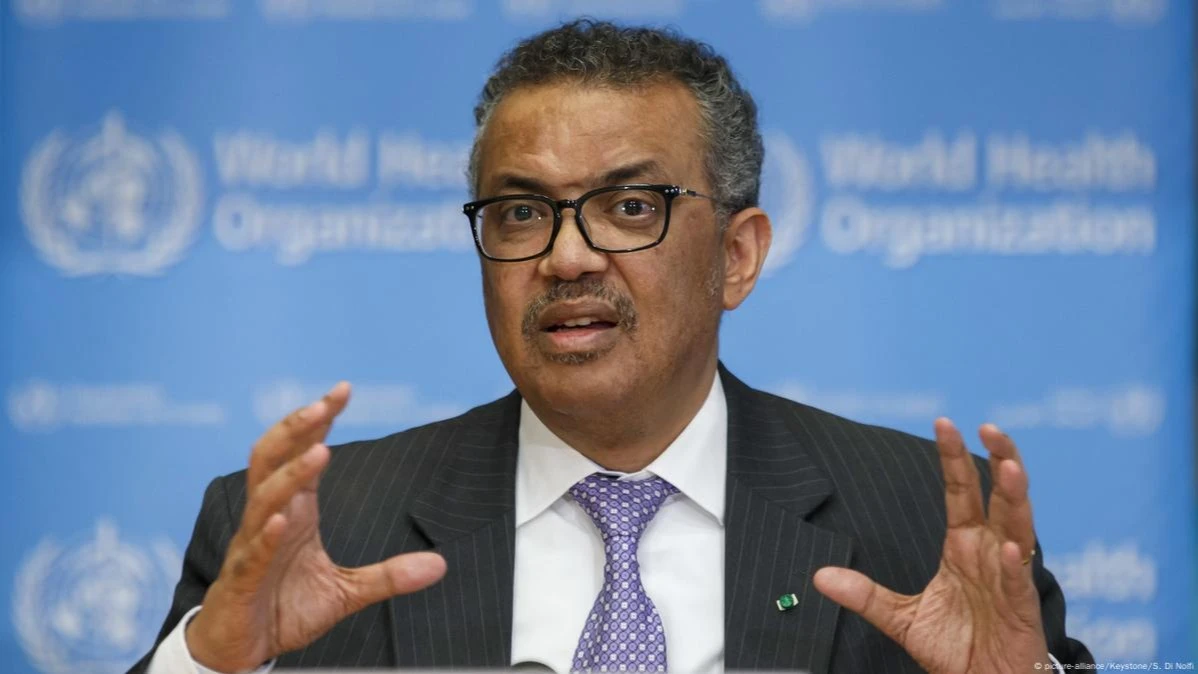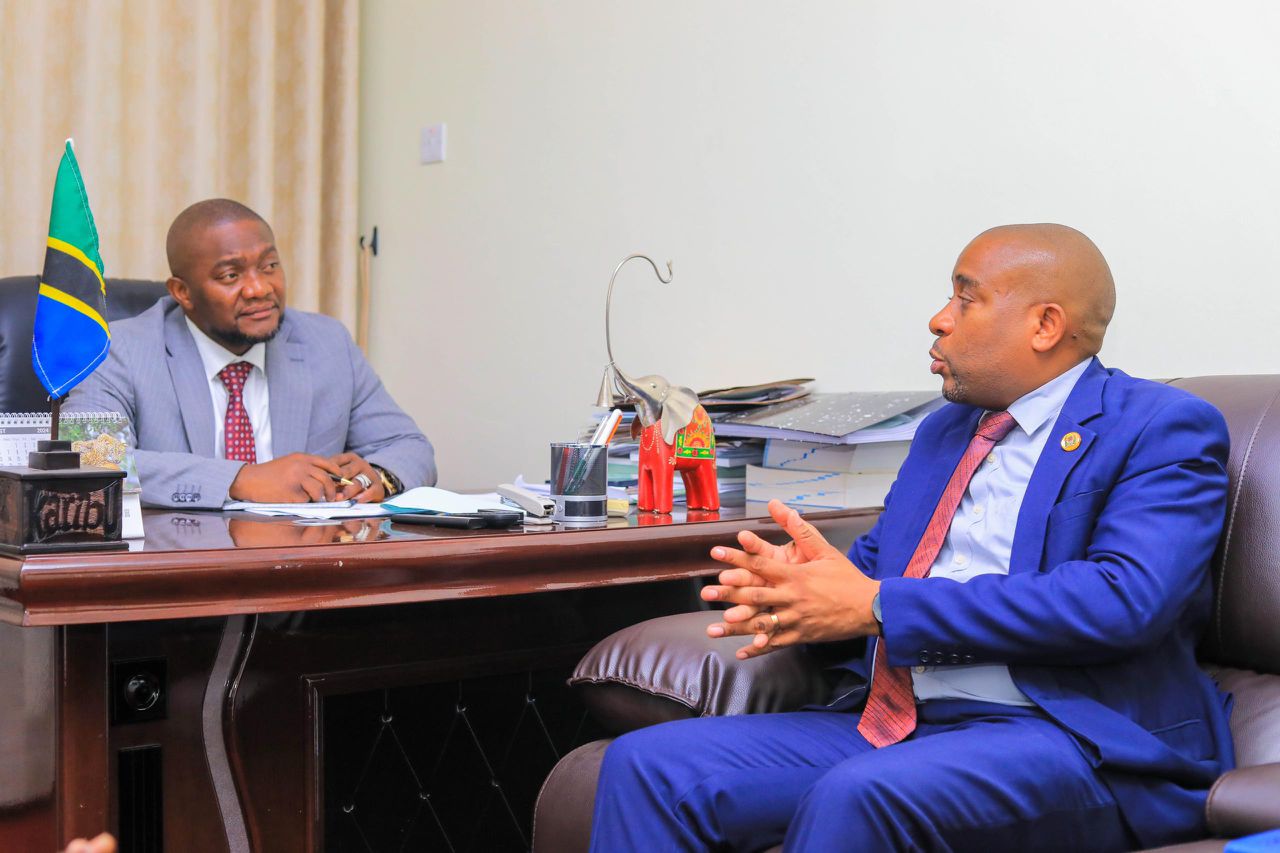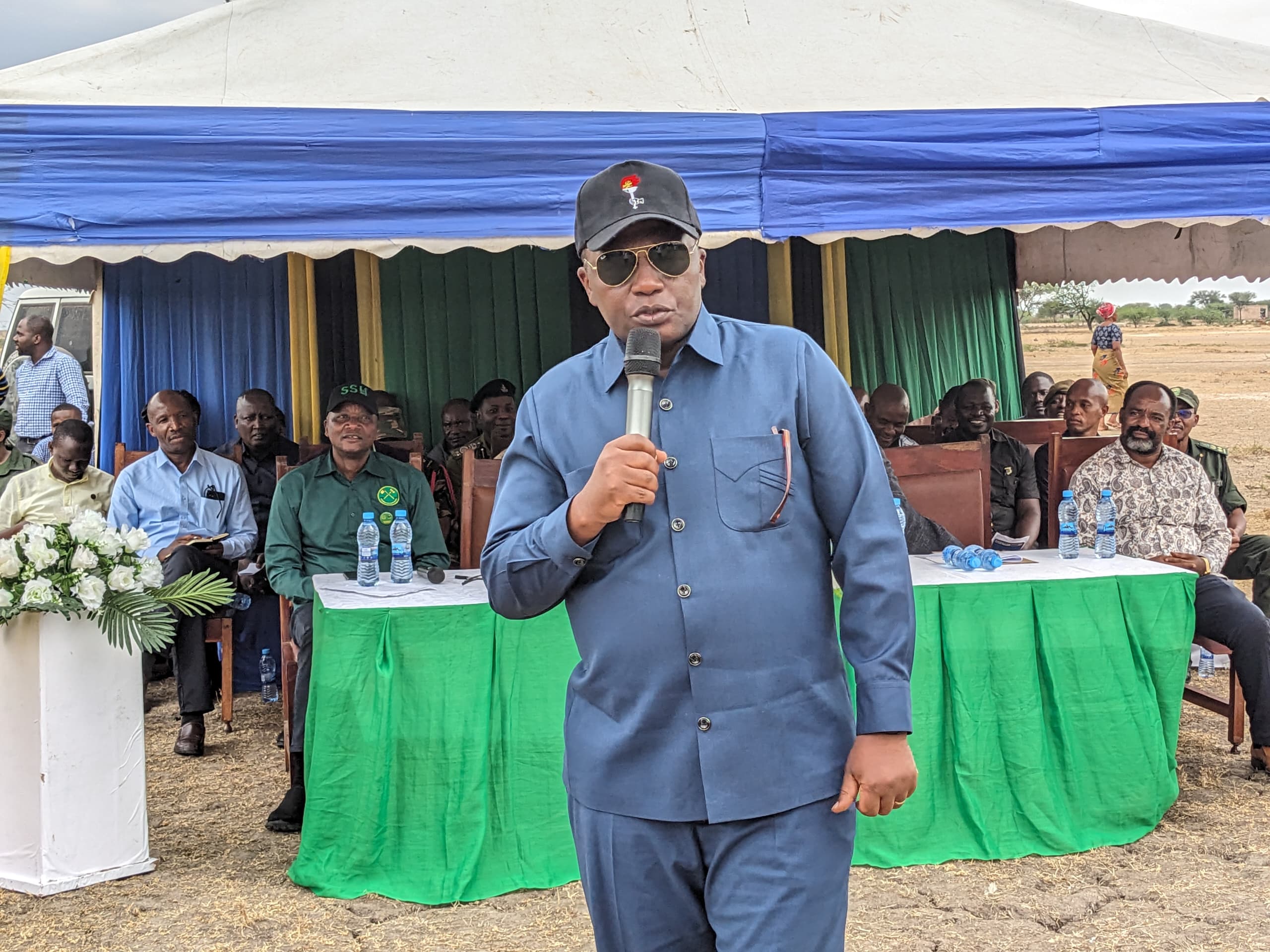Samia, TNBC agree on tax systems reviewing
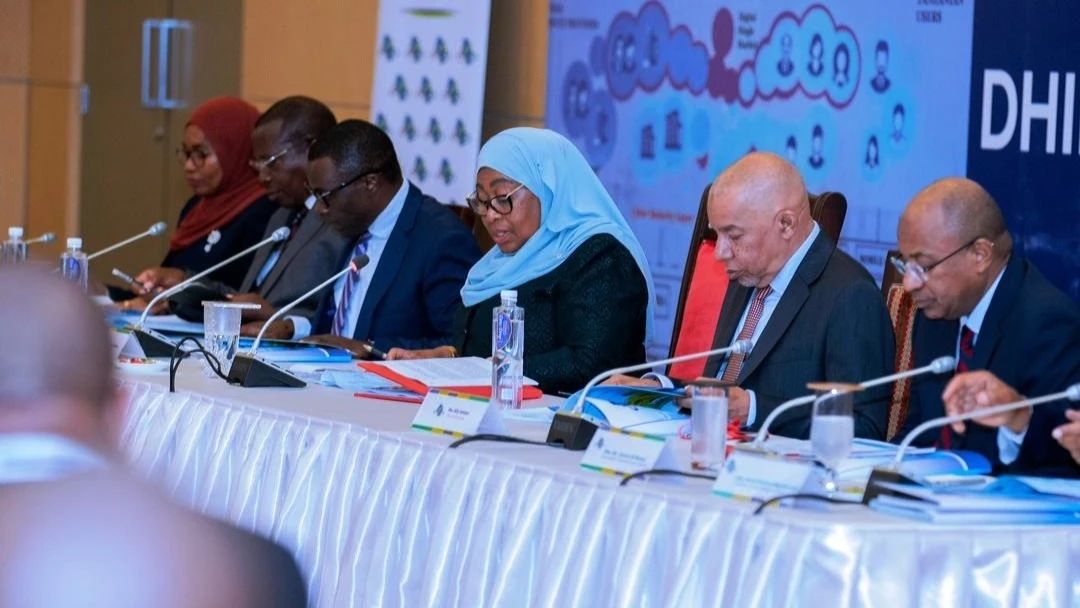
A SPECIAL committee to review tax systems to address challenges raised by the business community and foster a more supportive operating environment is in course to be formed, President Samia Suluhu Hassan has stated.
Officiating at the 15th Tanzania National Business Council (TNBC) meeting at the State House in Dar es Salaam yesterday, the president who is also TNBC chairperson addressed concerns highlighted by the Private Sector Foundation Tanzania (TPSF).
She acknowledged the significant tax-related problems facing businesses, including freezing of some traders’ bank accounts, improper seizure of funds and disruptions in electronic receipt systems (EFDs), in the meeting with representatives of business associations, investors and private sector top executives.
She admitted misunderstandings among some government officials regarding business facilitation, challenges with tax stamps and delays in issuance of permits, instructing the Industries and Trade minister and the Tanzania Revenue Authority (TRA) and the commissioner general to work with the business community on the issues.
The government will establish a committee comprising members from the public and private sectors to conduct a comprehensive review of the tax system, including policies and legal framework to address these issues, she said.
She said that under the 4Rs philosophy, the government is working to enhance the business environment and stimulate investments particularly in rural areas, with regional and district leaders along the border areas being urged to “facilitate smooth border trade by eliminating unnecessary barriers.”
The government implements long-term strategies to increase exports in order to sort out foreign currency availability particularly for the US dollar, she said, pointing at the need to reduce import dependency and minimize using foreign currency to pay a range of government fees.
TNBC has been instrumental in advising the government on improving the business environment, including refining policies, laws and procedures, she said, expressing optimism on the newly developed ten year national digital transformation strategic framework up to 2034.
It is intended to ensure that digital systems of public institutions, corporations and ministries are harmonised to facilitate easy provision of services to clients in the private sector and various other stakeholders, she said.
She tasked the Ministry of Information, Communication and Information Technology to ensure that new and existing systems are harmonised by the end of this year, facilitating better service delivery to businesses generally.
The government is committed to fostering economic growth, enhancing infrastructure and creating a favourable climate for domestic and foreign investors, she stated, noting that despite global economic challenges, the country’s economy has shown resilience.
The economy grew by 5.2 percent in 2023, up from 4.7 percent in 2022, with inflation at 3.0 percent and food sufficiency estimated at above 120 percent, the president said in illustration, noting that from July 2021 to June 2024, the country had registered 1,350 major investment projects valued at $14.2bn, likely to create an estimated 324,381 jobs.
The government has also reformed railway operations to eliminate bureaucratic hurdles, allowing private operators to use public infrastructure for transporting cargo in particular, she said.
Earlier, TPSF chairman Ally Amour said weaknesses in tax enforcement were a factor in strained relations between the business sector and TRA, noting that despite several recorded achievements, ties with TRA remain strained.
Traders are still facing challenges like multiple taxes and levies, resorting to physical restraint in collecting taxes and increases in the flow of smuggled goods “which greatly weaken development of local industries,” he stated.
Many businesspeople have complained about their accounts being held, funds being taken as well as shutting down electronic fiscal device (EFD) machines, “actions which are counterproductive and tarnish the relationship between businesspeople and the TRA.”
He also underscored the importance of investing in the public-private dialogue and supported more other traders to formalise their businesses to expand the tax base.
“Dollar deficiency still affects many businesses especially in purchasing industrial raw materials and oil,” he stressed, urging the government to reduce its own dollar spending.
Dr Moses Kusiluka, the chief secretary and TNBC executive committee chairman, said since its last general meeting in 2023, the committee has conducted four meetings to monitor implementation of various resolutions.
The committee has supervised the setting up eight working sectoral task forces headed by permanent secretaries, including for tourism, forestry, agriculture, the business environment, information and communications technology (ICT), blue economy and industries.
“The task forces consist of an equal number of members from the public and private sectors,” he said, explaining their major role as to analyse resolutions of the TNBC meeting and prepare strategies, plus supervising implementation for positive outcomes.
Zanzibar President Dr Hussein Ali Mwinyi praised the meeting, emphasizing businesses willingness to comply with tax laws for national development.
Top Headlines
© 2024 IPPMEDIA.COM. ALL RIGHTS RESERVED









![The CEO of Flightlink Limited Mr. Munawer Dhirani and DTB Tanzania CEO, Mr. Ravneet Chowdhury [center] during the unveiling ceremony of the 72-seater ATR 500 aircraft over the weekend. Other officials present at the function are Chief Operating Officer.](https://ippmedia.com/storage/post-feature-images/01J75Y6DM8PY93SGFZD4GYPXJ4.webp )

